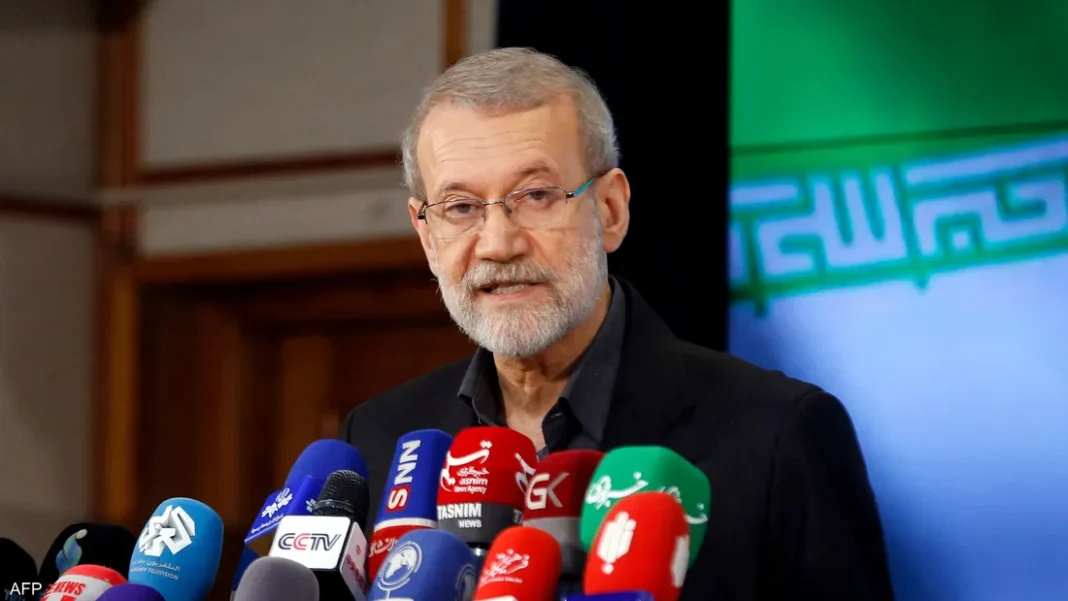The Ali Larijani visit to Baghdad began with a meeting between Larijani and Iraqi National Security Adviser Qasim Al-Araji. The two leaders discussed urgent security concerns affecting the region.
According to Iran’s official news agency IRNA, during the Ali Larijani visit, he will also consult Iraq’s three presidencies, State of Law Coalition leader Nouri Al-Maliki, and other key political figures. The goal is to strengthen cooperation amid ongoing regional challenges.
The Ali Larijani visit is expected to conclude with the finalization of new security agreements. Additionally, Larijani plans to visit Najaf, where he may meet Iraq’s senior Shia cleric, Grand Ayatollah Ali al-Sistani. This would further solidify Iran-Iraq religious and political relations.
This visit happens amid political tension in Baghdad. U.S. officials oppose the Popular Mobilization Forces (PMF) Authority law, which would expand the PMF’s power. Many factions within the PMF align with Iran. Thus, Larijani’s talks likely focus on this issue.
Following the Iraq trip, Larijani will travel to Lebanon to discuss national unity and economic ties. Iran aims to continue supporting Lebanon’s stability and development, reflecting its wider regional strategy.
Larijani was appointed Secretary of Iran’s Supreme National Security Council on August 5, succeeding Ali Akbar Ahmadian. He has a long political career, including three terms as Speaker of Iran’s Islamic Consultative Assembly. He remains an adviser to Supreme Leader Ali Khamenei, highlighting his influence.
The visit highlighted Iran’s commitment to boosting security cooperation and regional stability through diplomacy and strategic partnerships.
The Ali Larijani visit also sends a clear message about Iran’s intention to maintain a strong presence in Iraq’s political and security landscape. By engaging with both government officials and religious leaders, Larijani aims to reinforce Tehran’s influence and promote long-term stability.
Observers note that this visit could pave the way for deeper collaboration on security and economic issues, which are vital for both countries amid ongoing regional uncertainties.



